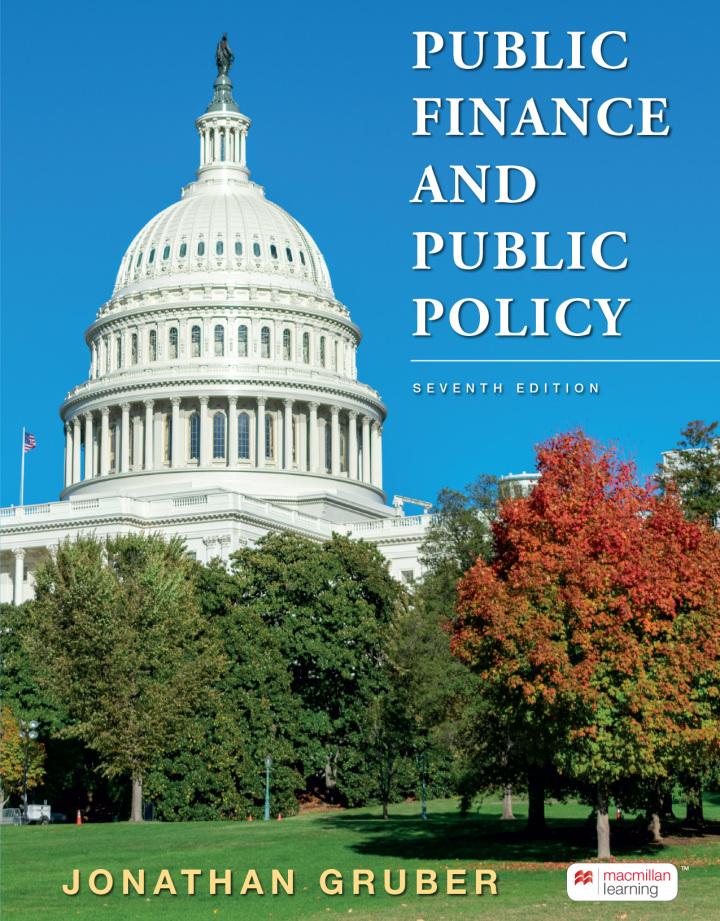Answered step by step
Verified Expert Solution
Question
1 Approved Answer
Which ratio scenario would a stock holder want most? Increase in the Stock Holder Optimization ratio Increase in ROE (return on equity) ratios Increase in
- Which ratio scenario would a stock holder want most?
- Increase in the Stock Holder Optimization ratio
- Increase in ROE (return on equity) ratios
- Increase in the market-to-book ratio
- Decrease in the DSO (days sales outstanding)
- Decrease in the total asset turnover
- Free cashflow of a business is best described as:
- The net sum of cashflows from operating, investing, and financing activities.
- Cashflow that does not involve costs and is therefore considered free
- Total cashflow that holders of liabilities and equity have claims to
- Usually greater than EBITDA
- None, some, or all of the above
- The goal(s) of corporate financial management is/are:
- To maximize present and future profitability
- To minimize financing costs
- To make the stock price as high as possible now!
- To optimize the balance sheet for the maximum benefit to shareholders
- III only
- I, II and III only
- I only
- All are correct.
- None are correct.
- Which is the least compelling reason to incorporate?
- To limit legal liabilities
- To facilitate the possible future sale of the company
- To minimize the agency conflict for a single person corporation
- To minimize moral hazard for a highly motivated management team
- To minimize taxes for a profitable dividend paying company
- Which of the following best illustrates an organizational problem in financial management?
- An employee does the best he can even though he thinks his brother-boss will never fire him.
- Some customers take two COVID masks from the one-free-mask-per-customer box.
- The CEO lets her wife use xyrs personal eco-limo to attend protest rallies.
- Goy solely owns and runs Boop, a printing company that sells Emory Safe Space stickers.
- Pat works for McDonalds and makes twenty hamburgers at closing time intending to bring them home for free since he/she/ze/ey/mx thinks no one will buy them.
- You are analyzing Walmarts gross profit. Which of the following is/are directly relevant?
- Purchase Agreement for monthly purchases of Coca Cola
- Report on theft, spoilage, and other non-sales changes to inventory
- Advertising spent in newspapers, magazines, coupons, and flyers
- Depreciation expense from the corporate headquarters building
- All or none
- Three or more
- I only
- II only
- I and II only
- GAAP (generally accepted accounting principles) requires R&D to be expensed but IFRS (international financial reporting standards) capitalizes it. Which is the most compelling argument for capitalizing it on the balance sheet for financial analysis?
- Readiness & Deadlines are critical to managing working capital on a timely basis.
- Receiving & Deliveries involve shipping assets and can significantly impact asset turnover.
- R&D is an investment for future benefits that will hopefully last.
- Research expense is not like the electric bill and other non-revenue related expenses.
- Development results in a physical prototype which is a capitalized asset.
- When doing an EFN (external financing needed) forecast, why can a negative debt plug be considered cash on the balance sheet?
- Bank loans are in cash not goods or services.
- Bank debt must be paid back in cash not good or services.
- The opposite of borrowing cash from the bank is like adding cash to your bank account.
- Debt is generally more readily available than equity when raising external financing.
- None, some, or all of the above
- Which would be ineffective as a financial analyst?
- Reviewing Cashflow from Investing to analyze dividends from purchased stocks.
- Reviewing Cashflow from Operations to analyze changes in balance sheet line items for net working capital.
- Reviewing depreciation allocation data to examine how closely gross margin reflects costs of generating revenue.
- Reviewing costs incurred for paying salesmen salaries to analyze EBIT (earnings before interest and taxes.)
- None, some, or all of the above
- Which of the following is true regarding financial markets?
- All else equal, the more negotiating that occurs in a market, the more liquid that market will be.
- Asset values probably have less uncertainty in the secondary market than in the primary market.
- Brokers are usually better at transacting than dealers since brokers are unburdened by ownership.
- Dealers are better at transacting than brokers since dealers own the inventory.
- None, some, or all of the above
Step by Step Solution
There are 3 Steps involved in it
Step: 1

Get Instant Access to Expert-Tailored Solutions
See step-by-step solutions with expert insights and AI powered tools for academic success
Step: 2

Step: 3

Ace Your Homework with AI
Get the answers you need in no time with our AI-driven, step-by-step assistance
Get Started


